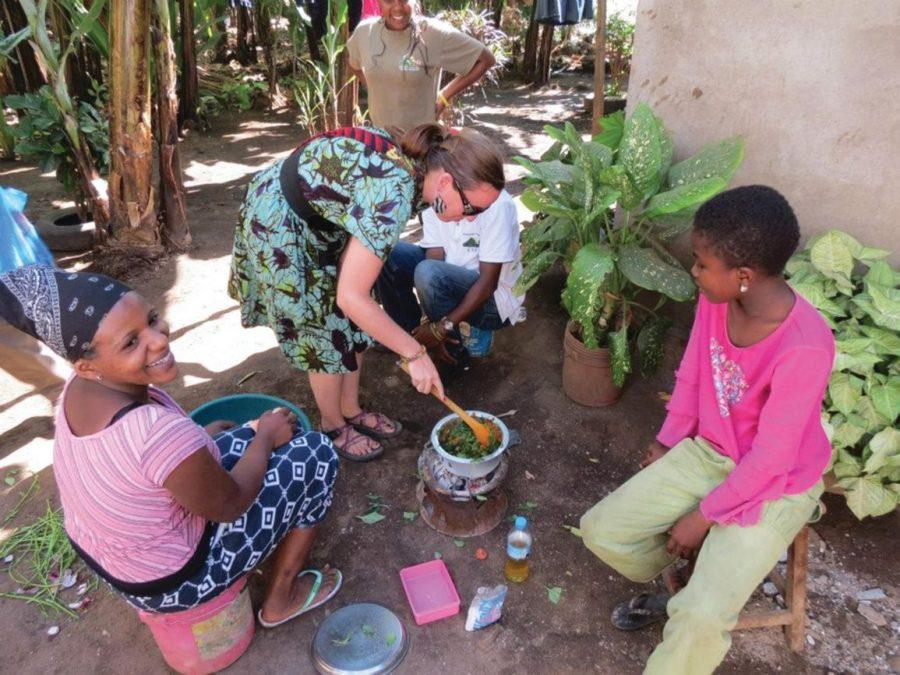Tulane ranked no. 2 in number of graduate Peace Corps volunteers
March 12, 2014
The Peace Corps released its list of the top volunteer-producing colleges and universities on Feb. 11 and Tulane University was one of the highest ranked schools, at No. 2 in the graduate category and No. 13 in the medium-sized undergraduate category.
According to a Peace Corps press release, these numbers reflect an increase from last year. Tulane moved up two spots in the graduate category and five in the undergraduate category.
“This year, Tulane produced more Peace Corps volunteers than any other school in Louisiana,” the press release stated. “There are currently 20 graduate students and 21 undergraduate alumni serving in communities abroad.”
Since the beginning of the Peace Corps, 483 Tulane alumni have served as volunteers.
Tulane and the Peace Corps began their partnership in 1988, and Tulane is one of the oldest schools to offer the Master’s International Program. The program allows students to earn a master of Public Health or of Science in Public Health by integrating their graduate courses with overseas service. Many of the Tulane graduate students who serve in the Peace Corps participate in the Master’s International Program.
Associate Dean for Student Service T.J. Stranova said he was excited to learn about Tulane’s ranking.
“The Master’s International Program really gives students an immediate focus to their education,” Stranova said. “It also connects them to the many [returned Peace Corps volunteer] faculty and students we have here at the school – together they form a strong bond that only benefits their time here.”
Co-coordinator for Peace Corps programs Bryce Slinger took part in the Master’s International Program. He served in Uganda from 2010 to 2012 and is a Master in Public Health candidate in Global Health Systems and Development graduating this spring. He said his experience with the Peace Corps was beneficial to him as a student.
“The Peace Corps provides students with real-world, grassroots experience in international health development,” Slinger said. “Peace Corps reputation and longevity, at over 50 years, speaks to Tulane’s public health reputation as the nation’s oldest school of public health.”
Stranova said Tulane has had a close relationship with the Peace Corps for a long time. As a top volunteer-producing school, he said he hopes that Tulane students will continue to work to tackle issues prevalent in the world today.
“As part of Tulane University’s program, we link our distinguished faculty with students completing public health projects to benefit many of the world’s most vulnerable populations,” Stranova said. “From creating better malaria diagnostic systems in rural Equatorial Africa to expanding adolescent healthcare in Latin America, Tulane Master’s International students are working towards a better, healthier world. We look forward to continuing our strong partnership with Peace Corps.”










Leave a Comment